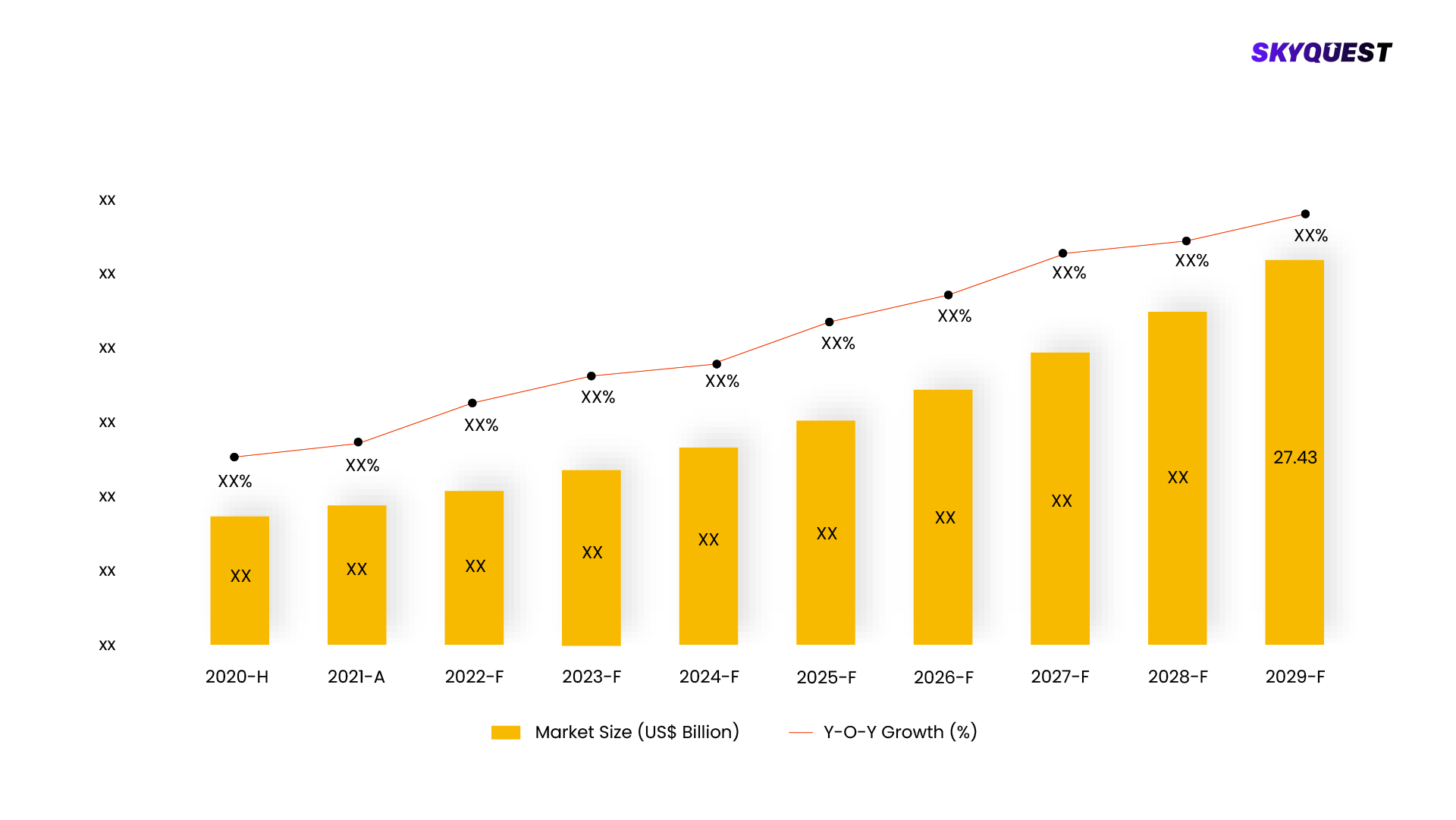
Product ID: UCMIG45I2099

Report ID:
UCMIG45I2099 |
Region:
Global |
Published Date: Upcoming |
Pages:
165
| Tables: 55 | Figures: 60
The global cyber warfare market was estimated at USD 20.10 billion in 2016, growing at an 18.5% CAGR over the forecast period. Because of the rising security threats faced by or inside cyberspace, governments and international organisations have recently concentrated on cybersecurity. This has highlighted various concerns about national security, emphasising the importance of a strong cybersecurity posture. As a result, the government, the armed forces, and other organisations are working to defend its computer networks and internet-connected devices in order to deter cyber-attacks.

This report is being written to illustrate the market opportunity by region and by segments, indicating opportunity areas for the vendors to tap upon. To estimate the opportunity, it was very important to understand the current market scenario and the way it will grow in future.
Production and consumption patterns are being carefully compared to forecast the market. Other factors considered to forecast the market are the growth of the adjacent market, revenue growth of the key market vendors, scenario-based analysis, and market segment growth.
The market size was determined by estimating the market through a top-down and bottom-up approach, which was further validated with industry interviews. Considering the nature of the market we derived the Technology Hardware, Storage & Peripherals by segment aggregation, the contribution of the Technology Hardware, Storage & Peripherals in Technology Hardware & Equipment and vendor share.
To determine the growth of the market factors such as drivers, trends, restraints, and opportunities were identified, and the impact of these factors was analyzed to determine the market growth. To understand the market growth in detail, we have analyzed the year-on-year growth of the market. Also, historic growth rates were compared to determine growth patterns.
Our industry expert will work with you to provide you with customized data in a short amount of time.
REQUEST FREE CUSTOMIZATIONWant to customize this report? This report can be personalized according to your needs. Our analysts and industry experts will work directly with you to understand your requirements and provide you with customized data in a short amount of time. We offer $1000 worth of FREE customization at the time of purchase.

Product ID: UCMIG45I2099